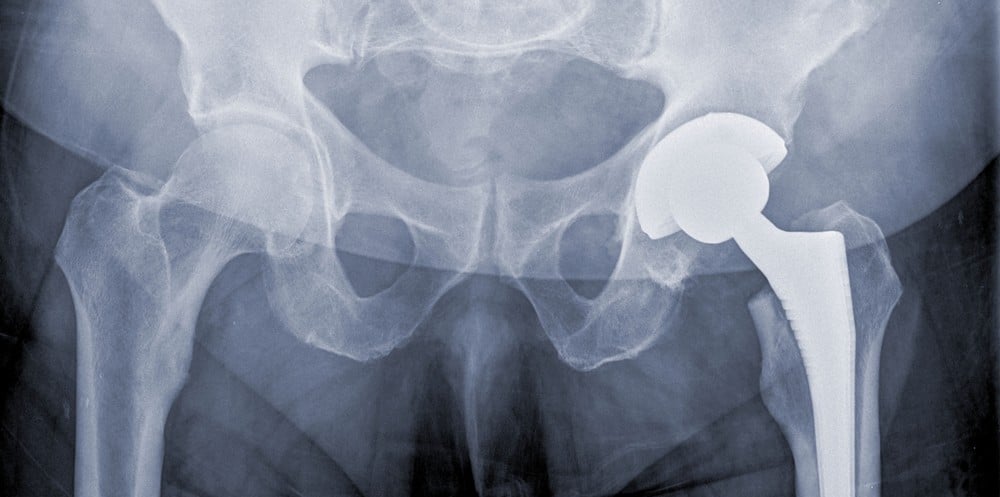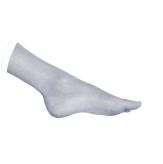
Hip replacements are one of the most common procedures carried out in the UK. With the procedures ever increasing, we look at the statistics involved with hip replacement surgery and why certain demographics are more likely to receive the operation.
What is a Hip Replacement Surgery?
A hip replacement, also known as arthroplasty, is a surgical procedure carried out by a specialist hip consultant. The procedure involves replacing the diseased parts of the hip and joint with an artificial part, also known as a prosthesis. These are made from steel, titanium, plastic and ceramic.
Hip replacement surgery is usually the last resort after trying non-surgical treatments. These include drug therapy and physical therapy.
How Many People Are Having Hip Replacement Surgeries?
There were 194 hip replacement surgeries per 100,000 people in 2009 in the United Kingdom. In England alone, there were 711,765 primary hip operations, with 80,000 revision operations between April 2003 and December 2014. This averages out to 66,000 hip procedures each year. In 2015, 67,121 hip procedures were completed in England, Wales and Northern Ireland.
Who Is Having Hip Replacements?
Using Kaplan-Meier estimator, over 214,333 hip replacements were carried out on people aged over 75 years of age. On the other side, under 55s make up 85,918 of hip replacement procedures.
Interestingly, women are most likely be in need of hip replacement surgery – with 60% of all operations carried out on women. Out of these women, those aged between the ages of 65-74 were most likely to have a hip replacement with 149,890 women having the procedure carried out.
Out of all the cases, 93% of them were linked to osteoarthritis and the remaining 7% consisted of osteonecrosis, rheumatoid arthritis, injury and tumours to the hip.
Why Are Older People and Women More Likely to Have Hip Surgeries?
Older people are more likely to develop osteoarthritis as 49% of women and 42% of men over 75 years (2.27 million) have sought treatment for it. It is a disease that causes painful inflammation and stiffness of the joints due to the loss of cartilage through age or overexertion. If pain becomes unmanageable or the stiffness starts affecting everyday activities then a variety of hip treatments may be recommended.
Osteoarthritis can affect any joint in the body. It is usually caused by several factors acting together. These include genetics, previous injuries, smoking, previous infections among other causes. But if it affects the hip then plays a major involvement in hip functions.
Women, in particular, older women, are more likely to need a hip replacement. While the reasoning for why women are more likely to get hip replacements remains a mystery. It is thought that biology, genetic predisposition, environment and hormones contribute to the condition.
Rheumatoid arthritis could also be a contributor. While rheumatoid arthritis is less likely to affect hip joints, women are three times as likely to develop it compared to men. This is likely due to hormones as the development of RA has been marked at times when hormones are shifting, such as during menopause or pregnancy.
Do you have a painful and stiff hip or know you need a hip replacement? Contact London Bridge Orthopaedics for an appointment with our specialist here.
Follow us on Facebook, LinkedIn and Twitter for the latest orthopaedic and health news.









